Serious food cred, big mountain adventures, and a growing stock of luxury hotels are putting this little-known town on the cusp.
Alex Schechter
June 19, 2018, 3:00 AM MDT Corrected June 29, 2018, 12:18 PM MDT
Barely 30 miles northwest of Aspen, in the shadow of the majestic Elk Mountains, tiny Carbondale is becoming Colorado’s most exciting summer destination.
True, the town has more family-owned cattle ranches than Michelin stars, and there are still more farm stands than white tablecloth spots. The restaurant best poised to elevate the town’s status doesn’t even have a proper dining room.
Instead, at the Guest House, French Laundry alumna Seth O’Donovan serves her experimental farm dinners outdoors, usually next to a horse paddock or in a roomy tree house that surveys 1,200 acres of pristine Colorado pastures. Meals include savory links of deer sausage served with soft, house-made cheese and a mind-bending dessert of carrots with butter and cinnamon, cooked to the point where they almost resemble pie filling.

Those who come for her experimental, starlit dinners can roll into an assortment of rustic cabins on the property, many of which date back to the 1940s. In two years, O’Donovan aims to turn the main house on her property into a five-star, eight-room hotel.
Some of Aspen’s best chefs are catching on. Down on Main Street, a new izakaya is soon to be opened by Aspen sushi master Kenichi Kanada. Down the same road, Mladen Todorovic and Kyle Raymond, two transplants from Aspen’s seafood-centric Grey Lady and brunch favorite Over Easy—are collaborating on Roosters, which will soon serve crepes in the morning and rotisserie-based entrees by night. “The produce that we can get in the summer in Colorado is amazing. We want to accentuate that,” Raymond told the Sopris Sun, a Carbondale newsweekly.
The Simple Life

A small ranching town with a population of 6,000, Carbondale has been for many years Aspen’s folksy, less-sophisticated little sister. But as Aspen’s image has shifted from glamorous to oversaturated and even out of touch, insiders have been turning to Carbondale as a refreshingly intimate alternative. What it lacks in ski access and five-star resorts, it makes up with raging creative energy and access to a bevy of artisanal food suppliers—not to mention average homes that are priced well below $6 million. (The average home here runs closer to $800,000.)
Given their proximity, though, Aspen and Carbondale have much in common. Like Aspenites, Carbondale residents claim easy access to high-altitude hiking and whitewater rafting, as well as a world-class art museum.
Its food scene has been booming since 2003. That’s when Aspen chef Mark Fischer left his post at Caribou Club (and snatched a sous chef who’d worked at Little Nell) to open Six89, a now-shuttered fine dining spot known for its herb-roasted Alaskan halibut and home-made gnocchi. When Fischer notched a James Beard semi-finalist nomination in 2010, he proved to his Colorado cohorts that fine dining could, in fact, exist outside the state’s ritziest destinations. Fischer has since parlayed that acclaim into a handful of other local ventures, such as Phat Thai, which continue to thrive.
Afloat on the Roaring Fork River

If Aspen is a wintertime playground, Carbondale is its summer foil. On the Roaring Fork River, which flows through Aspen and Carbondale along Highway 82, there’s excellent trout fishing, whitewater rafting, and stand-up paddling. It’s also scenic: The surrounding wetlands are a protected nature preserve; on your way down river, you’ll pass herds of elk and colonies of great blue heron.
Frank Scotti, the 41-year-old founder of Nomad Inc., is the town’s de facto adventure concierge. For years, he’s made a name on heli-skiing trips to Chile or surfing itineraries in Costa Rica, but now he’s finding just as much success at home in the Carbondale valley.
“Helicopter flight-seeing tours are huge for us,” Scotti says. “We have waterfalls, wildlife, and the Marroon Bells, which I’ve been told are the most photographed peaks in Colorado.”
In keeping with the destination’s culinary-meets-adventure appeal, Scotti will also plan “white glove picnics” at such places as Cedar Ridge Ranch, Rock Bottom Ranch, and O’Donovan’s Guest House. They’re elaborate setups created in partnership with local chefs, using ingredients such as native wild greens, homemade pickles, and freshly laid eggs—a perfect way to unwind after a morning full of thrills.
In the years since Six89 closed and the Guest House opened, Carbondale has seen steady growth in ambitious chefs and farmers. “You have a lot of people, either on the farms or in restaurants, who really care about quality, presentation, and hospitality,” says Erin Cuseo, the 33-year-old proprietress of Erin’s Acres Farm on Highway 82, who has built a reputation supplying chefs with such specialty ingredients as edible chrysanthemum, pak choi, and romanesco. “It’s wonderful, because we’re building community around food,” she adds.
One of her clients is Silo, a local institution that purveys the valley’s most famous breakfast sandwich. (The “King of Convenience” is a formidable stack of eggs, smoked cheddar, sautéed greens, and bacon on a home-made brioche bun.) The restaurant’s owner, Lacy Hughes, has seen her business soar so significantly in recent years that she’s preparing to open a spinoff this summer on an actual farm.
A Burgeoning Hotel Scene

Luckily for travelers, Carbondale welcomed its first boutique hotel in 2015: Marble Distilling Co. is a four-room inn housed in a vodka distillery, with a massive copper tank visible through the bar window. The service is no-frills, but the rooms are surprisingly plush, with remote-controlled fireplaces and minibars with martini shakers.
Another worthwhile addition is Avalanche Ranch, a dreamy farm on the edge of town, where guests can browse antiques in a barn or practice yoga with a view of Mount Sopris. Its 13 log cabins and three novelty covered wagons have an unplugged feel—just what you want after soaking in the property’s idyllic thermal pools.
When it opens in 2020, the eight-room hotel at the Guest House will be Carbondale’s most luxurious proposition. O’Donovan describes the aesthetic as “high-design” and “French-inspired,” with antiques and polished wood, an open kitchen, and even a glass-walled cheese-making room. It’s just one of many ways she hopes to break down the traditional barriers between the front and the back of the house.

The Guest House is already a destination unto itself. Before mealtime, patrons can roam the grounds; soon, they’ll be able to take a lesson in yogurt-making, milk the farm’s water buffaloes, check on the property beehives, or wander into the on-site blacksmith shops, where the hotel’s bed frames will be designed. It’s hands-on experiences such as these—and an edgier culinary approach built around sustainability, rather than tasting menus or white-glove service—that will eventually distinguish the property from other luxury farm stays, like Blackberry Farm in Tennessee or central Vermont’s Twin Farms.
At the moment, O’Donovan is harvesting precisely 92 percent of her own ingredients, including tomatoes she ferments into vinegar and an ancient grain called kernza that’s the basis of extra-springy cavatelli, served with nettle pesto. Eventually, she’ll get to 100 percent, even if this means producing her own sugars, fats, and beverages.
This style of “closed-loop hospitality,” where everything is made or produced directly in-house, marks a first for unpretentious Carbondale. It’s also emblematic of the creativity that’s putting this little Colorado town on the culinary map.
(Corrects the career history for chefs O’Donovan and Fisher in the third and eighth paragraphs. Corrects the opening date of Marble Distillery.)
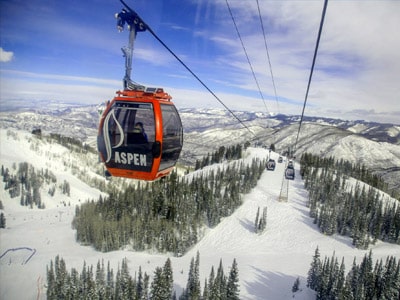
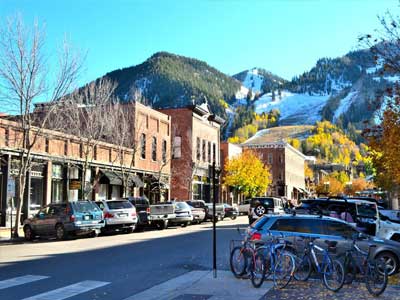
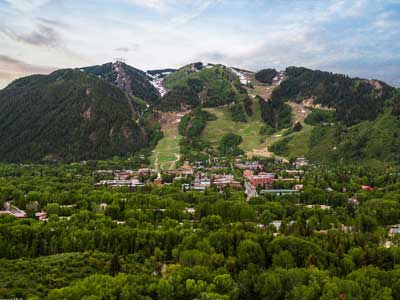
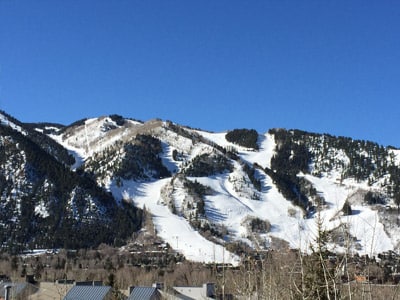
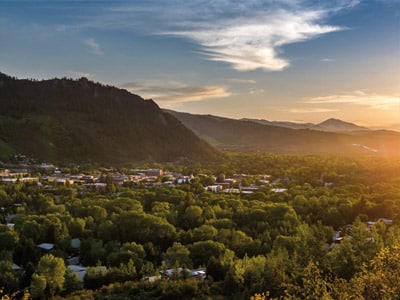
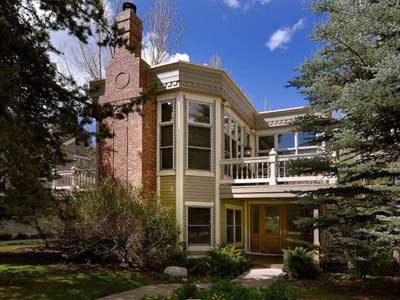
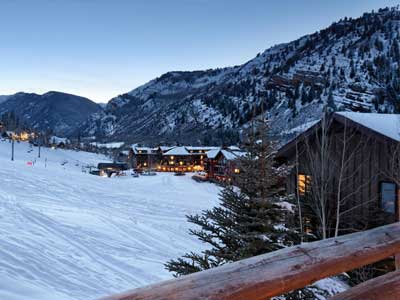
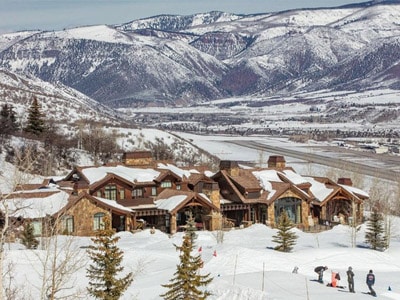
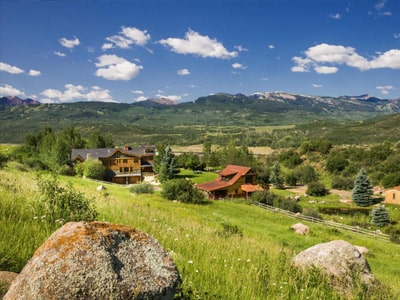
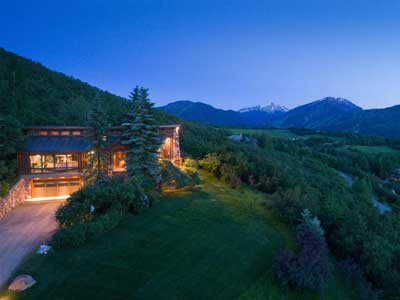
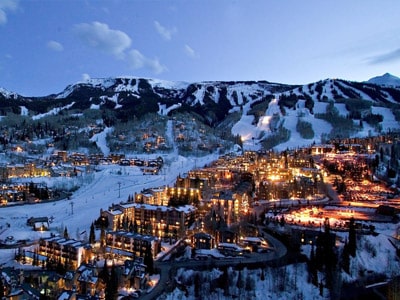
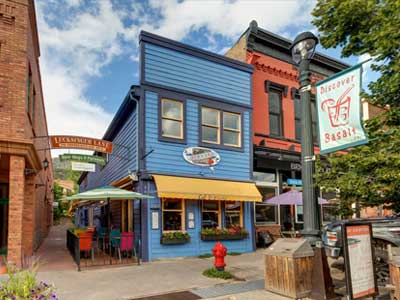
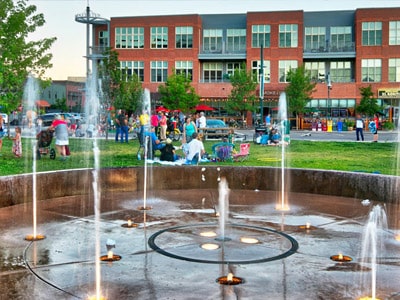
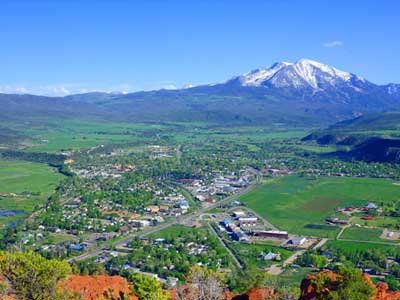
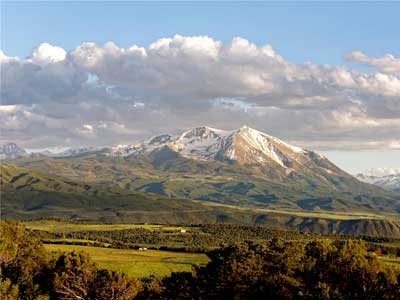
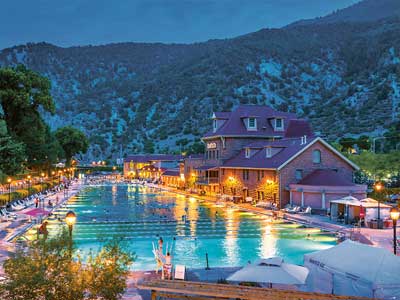
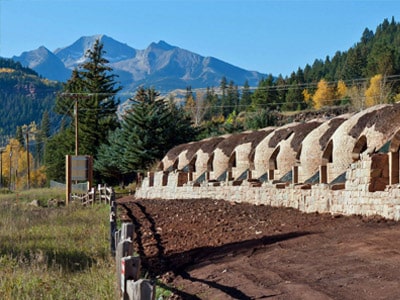
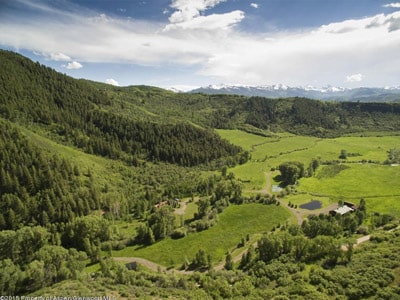




0 Comments